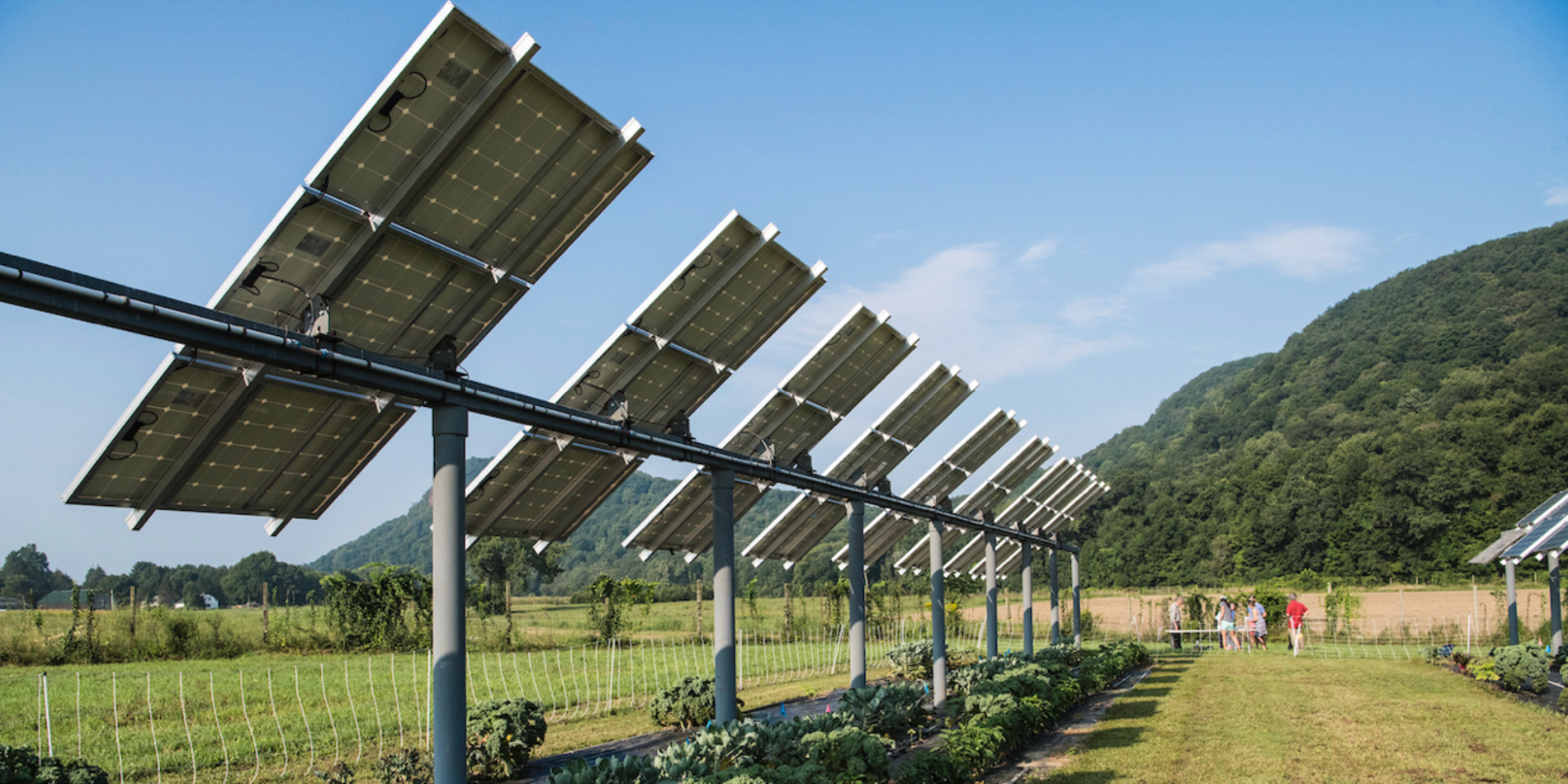TomKat Center Announces New Innovation Transfer Grantees
In 2016, the TomKat Center for Sustainable Energy at Stanford University awarded Innovation Transfer Grants to seven teams. These projects include residential smart meters in Africa, optimization of microgrid designs, microfluidic sensors for agriculture, converted diesel engines that run on carbon-neutral fuels, energy efficient plasma sources for healthcare, portable low-cost gas sensors for environmental and scientific monitoring, and an energy-efficiency platform for small commercial enterprises. Joining 24 previous awardees, these ventures bring the total number of awards since the program’s inception in the fall of 2013 to 31. More details about the TomKat Center’s Innovation Transfer Program and awardees can be found here.
The 2016 Innovation Transfer Program awardees
Solstice Energy Solutions is developing a hybrid hardware and software platform that provides energy-management technology and customized design of residential grid-assisted energy systems. Solstice intends to use this technology to deliver reliable and affordable energy to African households. In doing so, it will also create the first systematic, detailed compilation of energy supply and consumption data from those households, which will be invaluable in guiding future initiatives to modernize the power grid.
Team members: Cole Stites-Clayton (MS, CEE), Ugwem Eneyo (PhD, CEE), Prof. Gil Masters (CEE)
DoNut is developing a comprehensive software platform that determines the least-cost combination of clean energy technologies required to power a microgrid. This user-friendly, cloud-based model factors in historical weather patterns, space and terrain constraints, and regulatory factors, and incorporates elements of well-established models.
Team members: Brock Taute (MS, CEE), Dan Sambor (MS, CEE), Miles Evans (MS, CEE), Prof. Gil Masters (CEE)
Jengu produces small portable testers able to detect bacteria and other microbes in food by using a novel electronic microfluidic valve. Their technology reduces the need for unwieldy equipment to handle and test fluids, allowing a pocket-sized, battery-powered device to be used in detection of food-spoilage microorganisms. Jengu’s device provides better prediction of shelf life and reduces food waste.
Team members: Nate Cira (PhD, Bioengineering), Jason Khoo (BS, Human Biology), Morgan Paull (PhD, Bioengineering), Prof. Steve Quake (Bioengineering)
ClearFlame Engines is developing a drop-in, diesel-engine-replacement technology that will allow heavy duty engines used in transportation and distributed power generation to achieve higher efficiency, higher performance, and cleaner emissions while using carbon-neutral liquid fuels.
Team members: Julie Blumreiter (PhD, ME), Bernard Johnson (PhD, ME), Prof. Chris Edwards (ME)
Airity has developed a cold plasma device that selectively kills microorganisms without damage to human cells or tissue by generating reactive species from air using short, high-voltage pulses. The major benefit of this technology over current methods is its potential efficacy against the most robust organisms, including drug-resistant bacterial strains, fungi, and biofilms.
Team members: Johan Andreasson (PostDoc, Biotechnology; PhD, Physics), Luke Raymond (PhD, EE), Julie Saiki (PhD, Chemical and Systems Biology), Prof. Juan Rivas-Davila (EE)
Indrio has developed a novel and robust sensor that uses laser light to monitor chemical species at high temperatures and pressures. It can detect and measure combustion products as well as many hazardous chemicals for which no portable sensors currently exist. Indrio’s sensors will be deployable in industrial and transportation systems, where they will be able to detect levels of various combustion products in real time.
Team members: Ritobrata Sur (PostDoc, PhD, ME), Shengkai Wang (PhD, ME), Prof. Ronald K. Hanson (ME)
Gemini Energy Solutions plans to help small and medium-sized businesses (SMBs) achieve substantial energy savings related to the buildings they occupy by transitioning them to energy efficient equipment and building retrofits. These improvements, resulting from analyses generated by Gemini’s platform, will greatly reduce energy consumption and overall energy costs for the businesses that implement them. Gemini is developing systems that allow for rapid, semi-automated energy audits as well as automatic identification of energy policies and incentives relevant to specific SMBs. Gemini will also manage the implementation of comprehensive energy-savings programs for these buildings and provide ongoing monitoring of energy-consumption levels.
Team members: Anthony Kinslow (PhD, CE), Johnny Mazraani, Prof. Martin Fischer (CEE)



